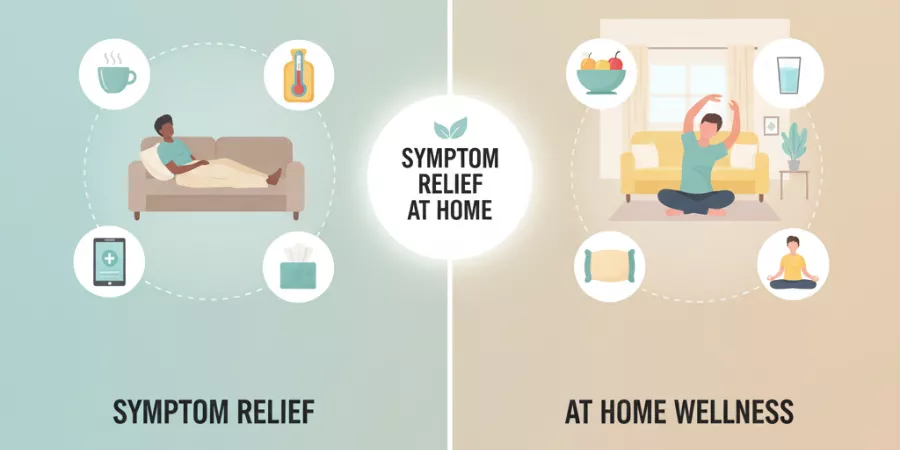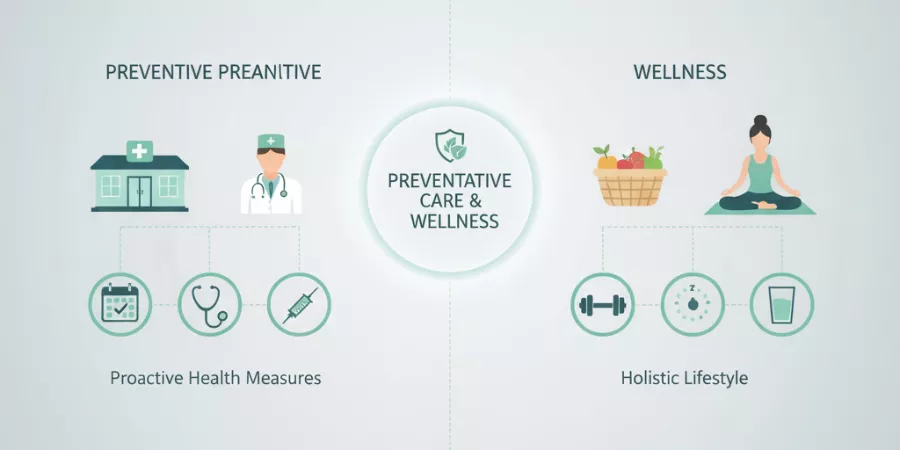Stress is more harmful than you may realize. While occasional stress is a natural part of life, chronic stress can take a serious toll on your overall well-being, including your cardiovascular health. From triggering anxiety and digestive issues to weakening your immune system, prolonged stress can manifest in various physical and mental symptoms.
But one of the most concerning effects of chronic stress is its impact on heart health. Let’s explore how stress affects your heart and, more importantly, how you can safeguard yourself against its harmful effects.
How Stress Affects Your Heart
Stress can contribute to heart problems in multiple ways, increasing your risk of developing cardiovascular diseases.
1. Elevated Blood Pressure and Heart Rate
When you’re stressed, your body releases stress hormones like cortisol and adrenaline, which cause your heart rate to spike and your blood vessels to constrict. Over time, persistent high blood pressure can weaken your heart and increase the risk of conditions like hypertension and heart disease.
2. Unhealthy Coping Habits
Chronic stress often leads to unhealthy lifestyle choices—overeating, lack of exercise, smoking, and excessive alcohol consumption—all of which are major risk factors for heart disease. These behaviors further strain the heart and contribute to obesity, diabetes, and high cholesterol.
3. Increased Inflammation
Long-term stress triggers inflammation in the body, which can lead to plaque buildup in the arteries (atherosclerosis). This increases the risk of heart attacks, strokes, and other cardiovascular complications.
4. Risk of Irregular Heart Rhythms
Stress can also contribute to arrhythmias (irregular heartbeats), making the heart work harder than necessary and leading to potential heart complications.
How to Protect Your Heart from Stress
The good news? You can take proactive steps to reduce stress and protect your heart. Here are some proven strategies:
✅ Exercise Regularly: Physical activity releases endorphins, the body’s natural stress relievers, helping to lower blood pressure and improve heart health.
✅ Practice Mindfulness & Meditation: Meditation, deep breathing, and yoga can significantly reduce stress and improve heart function.
✅ Adopt a Heart-Healthy Diet: Eating a balanced diet rich in fruits, vegetables, whole grains, and lean proteins can help combat the negative effects of stress.
✅ Get Quality Sleep: Poor sleep can increase stress levels, leading to heart problems. Aim for 7-9 hours of restful sleep every night.
✅ Seek Professional Help When Needed: If stress feels overwhelming, don’t hesitate to reach out to a therapist or counselor for guidance.
Other Harmful Effects of Stress
Beyond heart health, chronic stress can lead to:
- Weight Gain: Stress-induced hormonal changes can lead to overeating and weight gain.
- Insomnia: Difficulty sleeping can further impact mental and physical health.
- Weakened Immunity: Stress weakens the immune system, making you more vulnerable to infections.
- Hormonal Imbalances: Chronic stress can disrupt hormone levels, affecting metabolism, mood, and overall health.
Final Thoughts
Managing stress isn’t just about feeling better—it’s about protecting your heart and ensuring long-term health. By recognizing the signs of stress and taking proactive steps to manage it, you can significantly lower your risk of heart disease and enjoy a healthier, more balanced life.
Prioritize self-care, embrace a heart-friendly lifestyle, and take control of your well-being—your heart will thank you for it!





